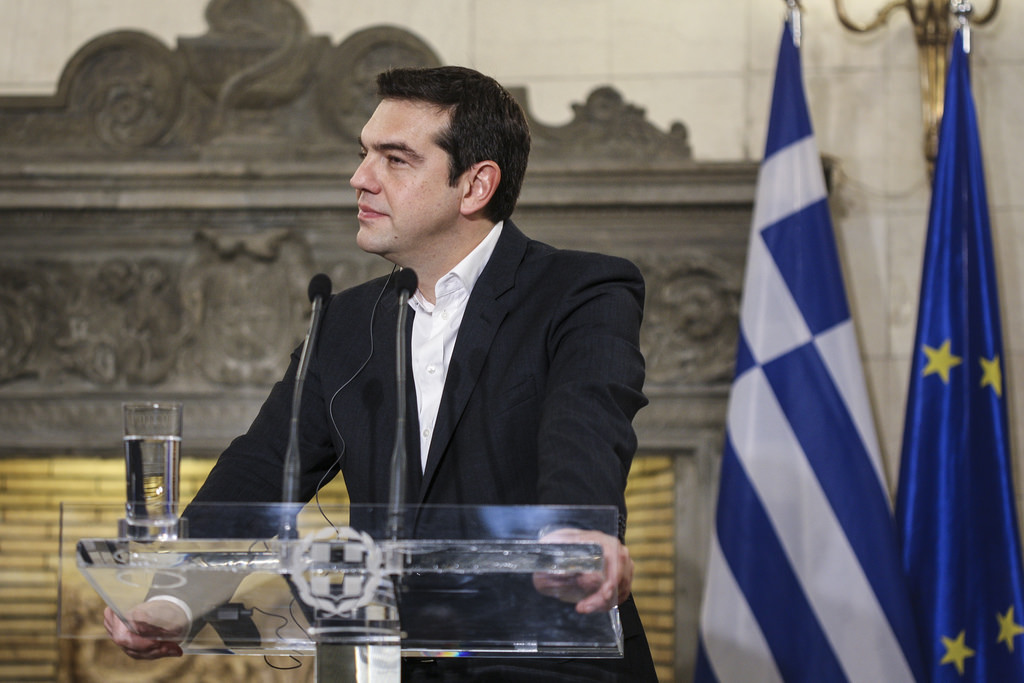One of the worst crises in EU history took another crucial turn with a decision made in the morning of Monday, 13 July. In order to avert his country’s financial collapse, Prime Minister Alexis Tsipras struck a deal with the other Eurozone leaders that would give Greece its third international bailout in five years. The package is worth €86bn and will be doled out over a period of 3 years.
The agreement came after 17 hours of tough negotiations and averted the risk of Greece leaving the Eurozone. The deal is conditioned on a series of reforms that the government in Athens needs to implement: pension cuts, raising tax revenue and liberalizing the labour market. The agreement also includes the sale of government assets. To this end a €50bn fund will be set up that will manage and privatise Greek state assets. According to Jeroen Dijsselbloem, the Eurogroup President, out of the €50bn, €25bn will be used to recapitalize Greek banks while the rest will be utilised partly for debt repayment and partly for development purposes.
The agreement does foresee a restructuring of Greek debt but there is no mention of the debt reduction that Athens was hoping for. Alexis Tsipras again finds himself between a rock and a hard place, but this time back home. He is faced with a split within his own party with some expecting to see a government of national unity taking shape soon.
The Greek Parliament has until Wednesday, 15 July to approve these measures. The Parliaments in several Eurozone countries also need to ratify the agreement in order for Athens to begin receiving the much-needed cash. It still remains unclear whether Prime Minister Tsipras will have the votes to push through the reform bill without having to form a new unity government. What is clear, though, is that Mr. Tsipras will have to rake up all the support he can get in order to push through measures tougher than those rejected by the Greek electorate in a referendum held just over a week ago. This will be one spectacular turnaround for the beleaguered Prime Minister who ran and won on an anti-austerity platform.
In Greece, the 13 July agreement is being largely perceived as an act of humiliation, notably under German pressure. Mr. Tsipras will have to explain to voters and party members alike why it was necessary to cave in to creditors’ demands and why the reform package is crucial in keeping the Greek economy afloat. As Donald Tusk, President of the European Council, stated: “The decision gives Greece a chance to get back on track with the support of the European partners.” Mr. Tusk also went on to welcome the agreement, saying that it “avoids the social, economic and political consequences that a negative outcome would have brought.”


